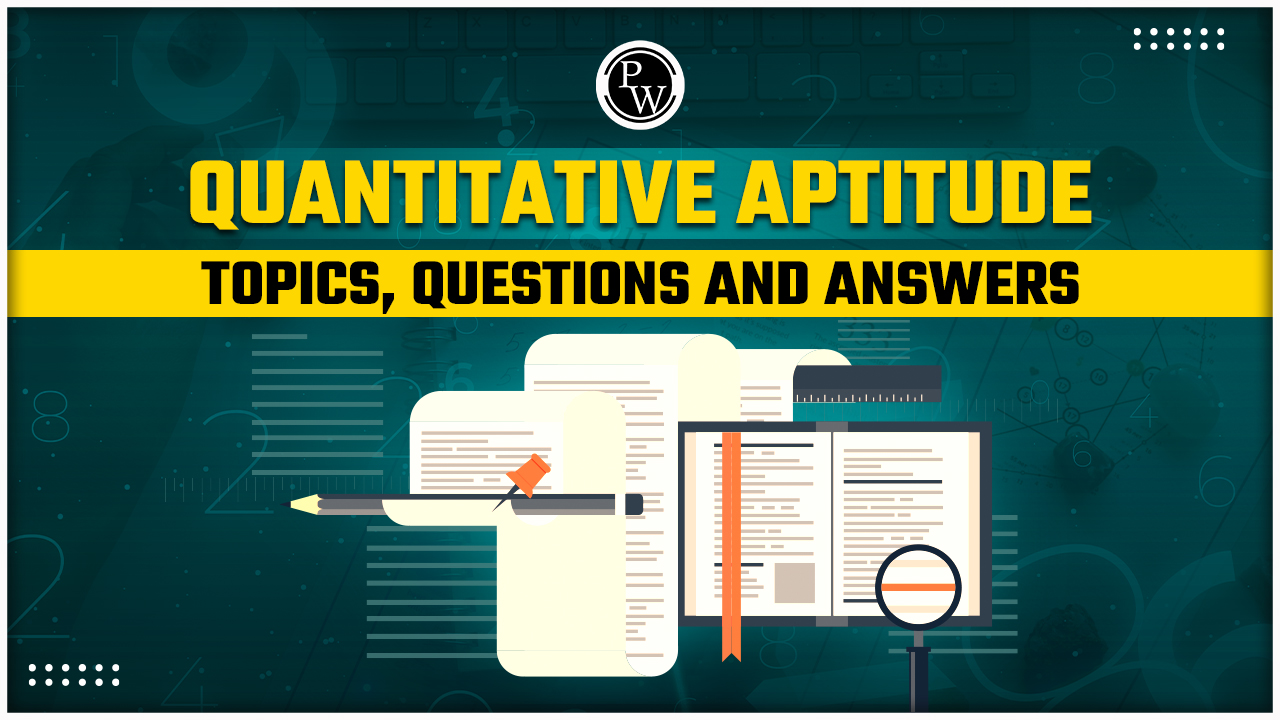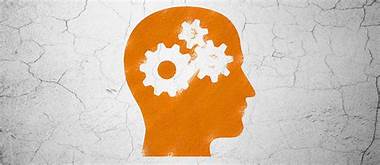Search results: 1331
For campus placement, especially in competitive fields or companies, the aptitude requirements can be quite specific and rigorous. Here’s a breakdown of what you might need to focus on:
1. Technical Skills
- Domain Knowledge: Understanding of the specific field or industry you're applying to, whether it's engineering, finance, IT, etc.
- Coding and Programming: For tech-related roles, proficiency in programming languages and problem-solving skills are essential.
- Software Proficiency: Familiarity with relevant tools and software can be crucial depending on the job.
2. Aptitude Tests
- Quantitative Ability: Strong skills in mathematics, including algebra, calculus, statistics, and data interpretation.
- Logical Reasoning: Ability to solve puzzles, logical problems, and pattern recognition tasks.
- Verbal Ability: Proficiency in reading comprehension, grammar, and vocabulary.
3. Soft Skills
- Communication Skills: Both verbal and written communication are key, as they reflect your ability to articulate ideas and work effectively in teams.
- Problem-Solving Ability: Demonstrating critical thinking and problem-solving skills through practical examples or case studies.
- Teamwork and Leadership: Experiences and traits that showcase your ability to work well in teams and potentially lead projects or initiatives.
4. General Knowledge and Awareness
- Current Affairs: Awareness of current events, industry trends, and general knowledge that might be relevant to the role or company.
- Company Knowledge: Understanding the company’s history, products, services, and market position.
5. Interview Preparation
- Technical Interviews: Expect to solve problems, answer technical questions, and sometimes complete coding challenges or case studies.
- Behavioral Interviews: Be prepared to discuss past experiences, challenges, and accomplishments, and demonstrate how you fit with the company culture.
6. Additional Skills
- Project Management: Understanding of basic project management principles and tools might be necessary, especially for managerial roles.
- Presentation Skills: Ability to present ideas clearly and effectively, often demonstrated through presentations or group discussions.
Preparation Tips:
- Mock Tests: Take practice tests to get familiar with the types of questions asked and the format of the aptitude tests.
- Study Material: Use books, online courses, and other resources to strengthen your quantitative, logical, and verbal skills.
- Resume Building: Ensure your resume highlights relevant skills, experiences, and achievements that align with the job requirements.

Category: Manish Gupta
- Teacher: MR KOMAL MEHROTRA [HSS]
- Teacher: MS NILAKSHI GOEL [HSS]
- Teacher: MS PUJA ROHATGI [HSS]
- Teacher: DR AJAY KUMAR SHRIVASTAVA [MCA]
Category: Vinod Agrawal
- Understand the importance of the use of OR application in decision Making environment
- To formulate LPP and Obtain Graphical Solutions & Acquire General idea of the Simplex method.
- To understand and solve transportation & assignment models.
- To know optimal sequence model and understand concepts of queuing theory.
- To identify right time for replacement of equipment and understand project management techniques
Category: Mani Tyagi
1. Understand the importance of the use of OR application in decision Making environment
2. To formulate LPP and Obtain Graphical Solutions & Acquire General idea of the Simplex method.
3. To understand and solve transportation & assignment models.
4. To know optimal sequence model and understand concepts of queuing theory.
5. To identify right time for replacement of equipment and understand project management
techniques
Category: Mani Tyagi
- Teacher: MS SHIKHA TYAGI [CE]
Category: Third Year courses
- Teacher: MR AYUSH KUMAR [CE]
Category: Final year courses
- Teacher: MR SIDDHARTH JAIN [CE]
Category: Final Year
- Teacher: MR ANKUSH CHAUDHARY [CE]
Category: Third Year(Re-Admitted)
- Teacher: MR AMNINDER SINGH NAYYAR [CE]
Category: Third Year(Re-Admitted)
- Teacher: MS NEHA SHUKLA [CO]
Category: Fourth Year
- Teacher: MR VINEET KUMAR VASHISHTHA [ME]
Category: Mr. Ashish Kumar Singh



